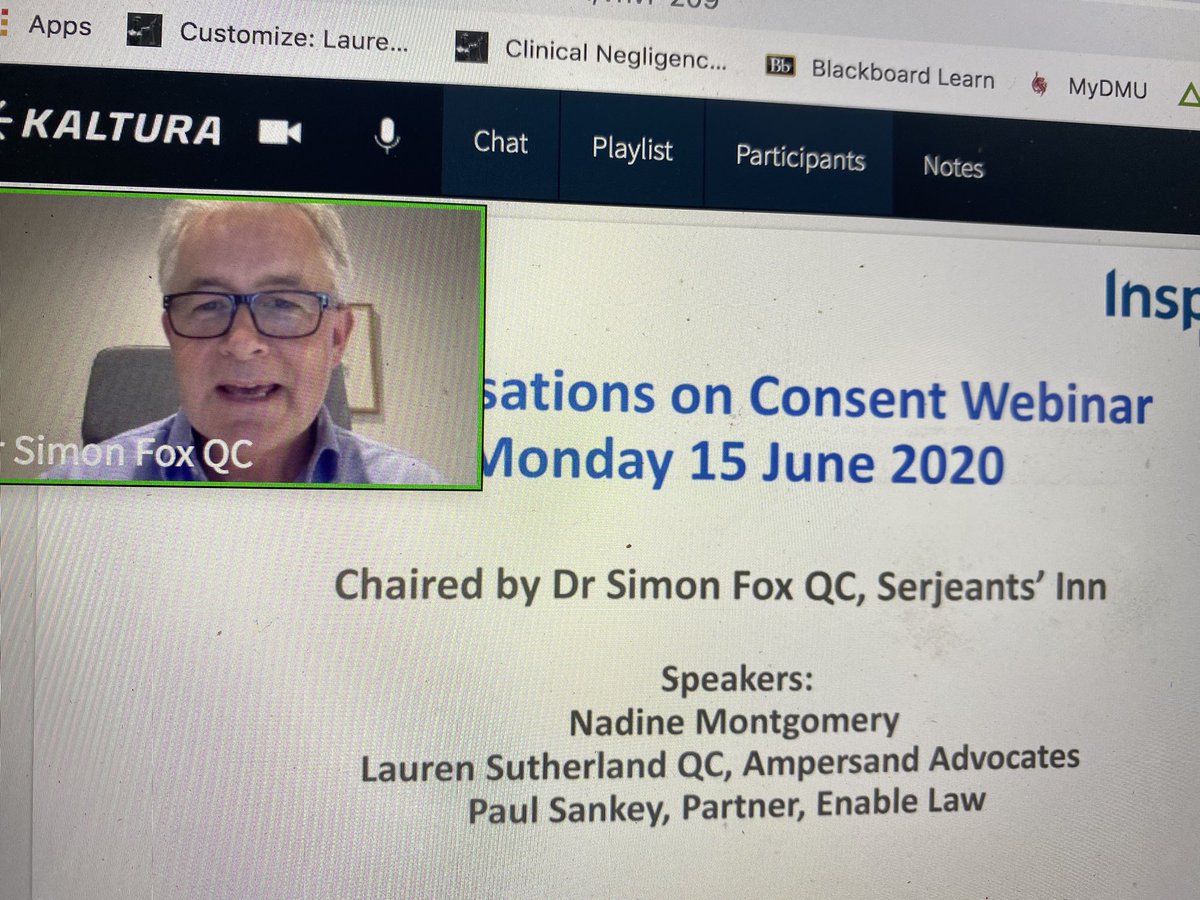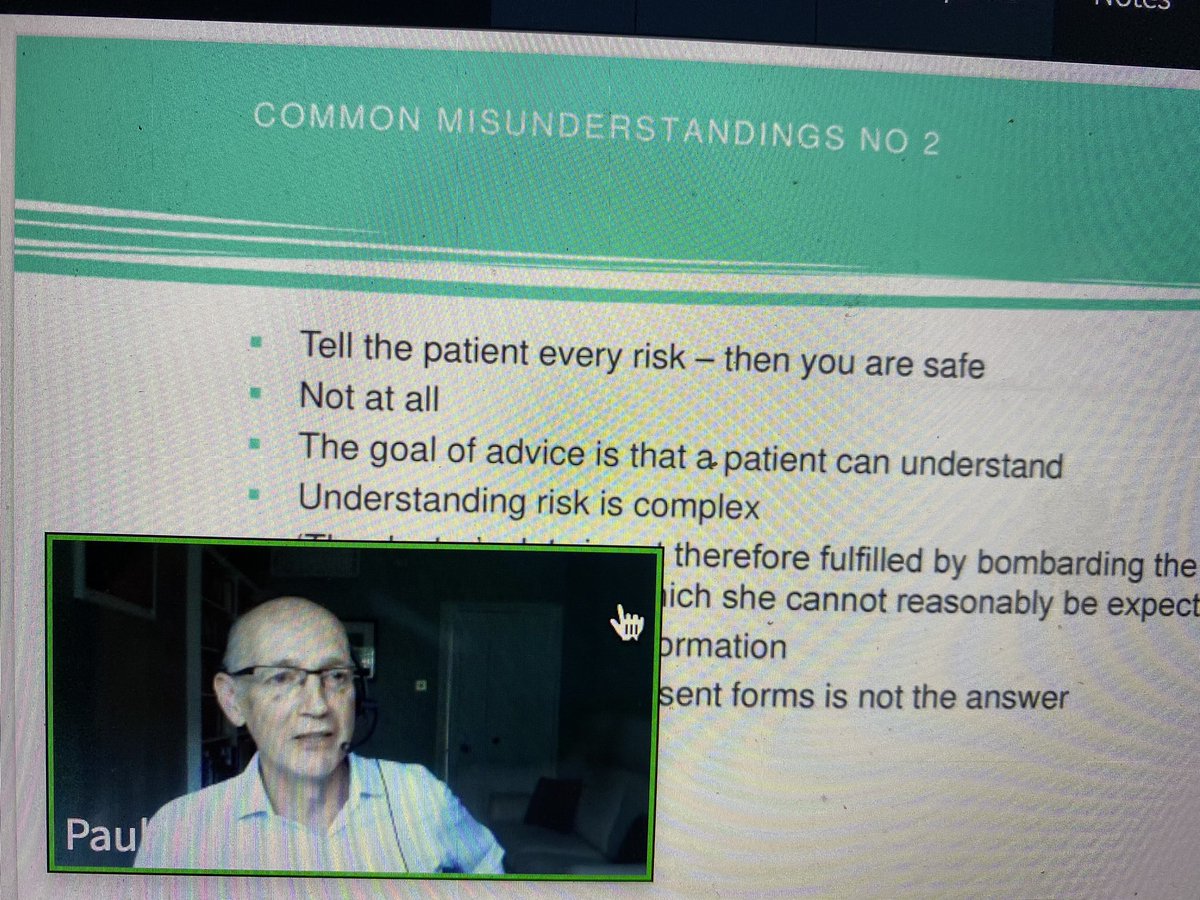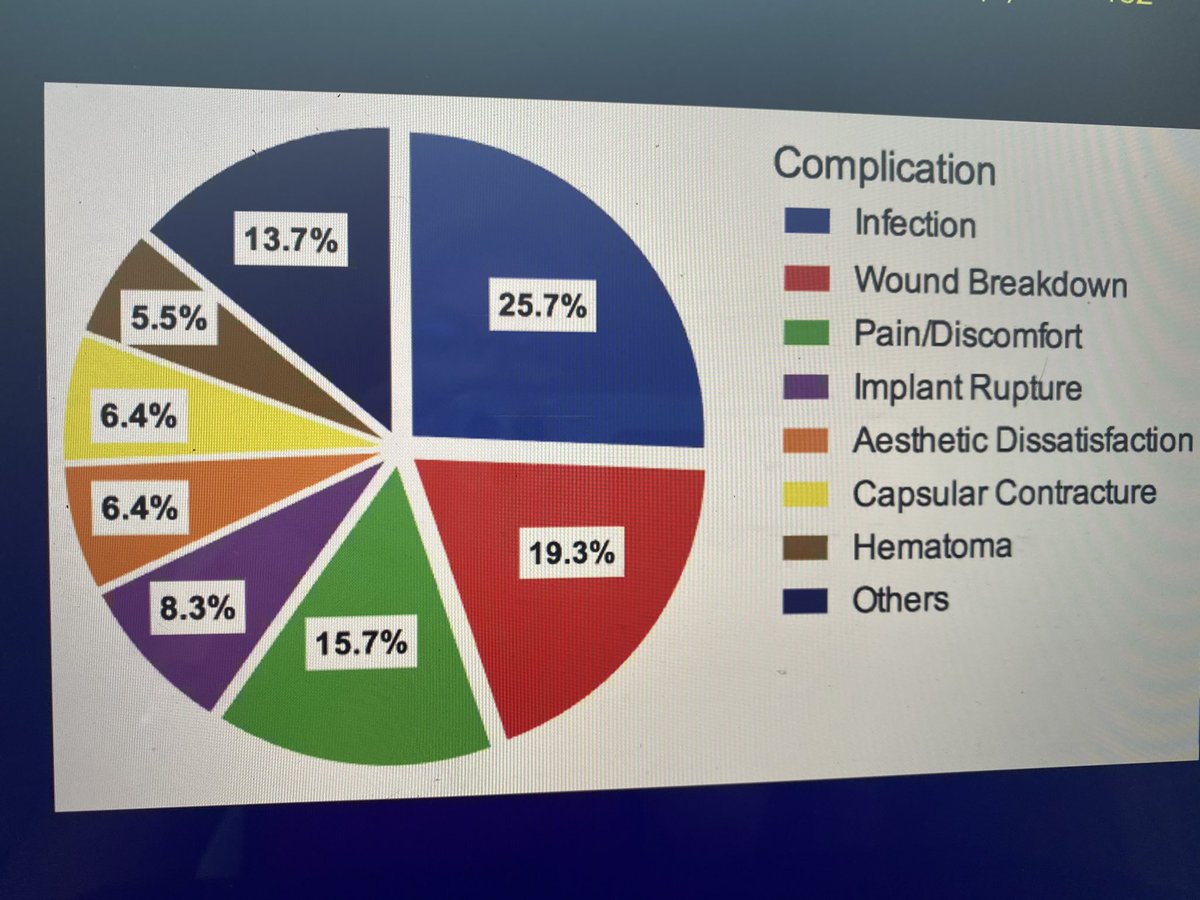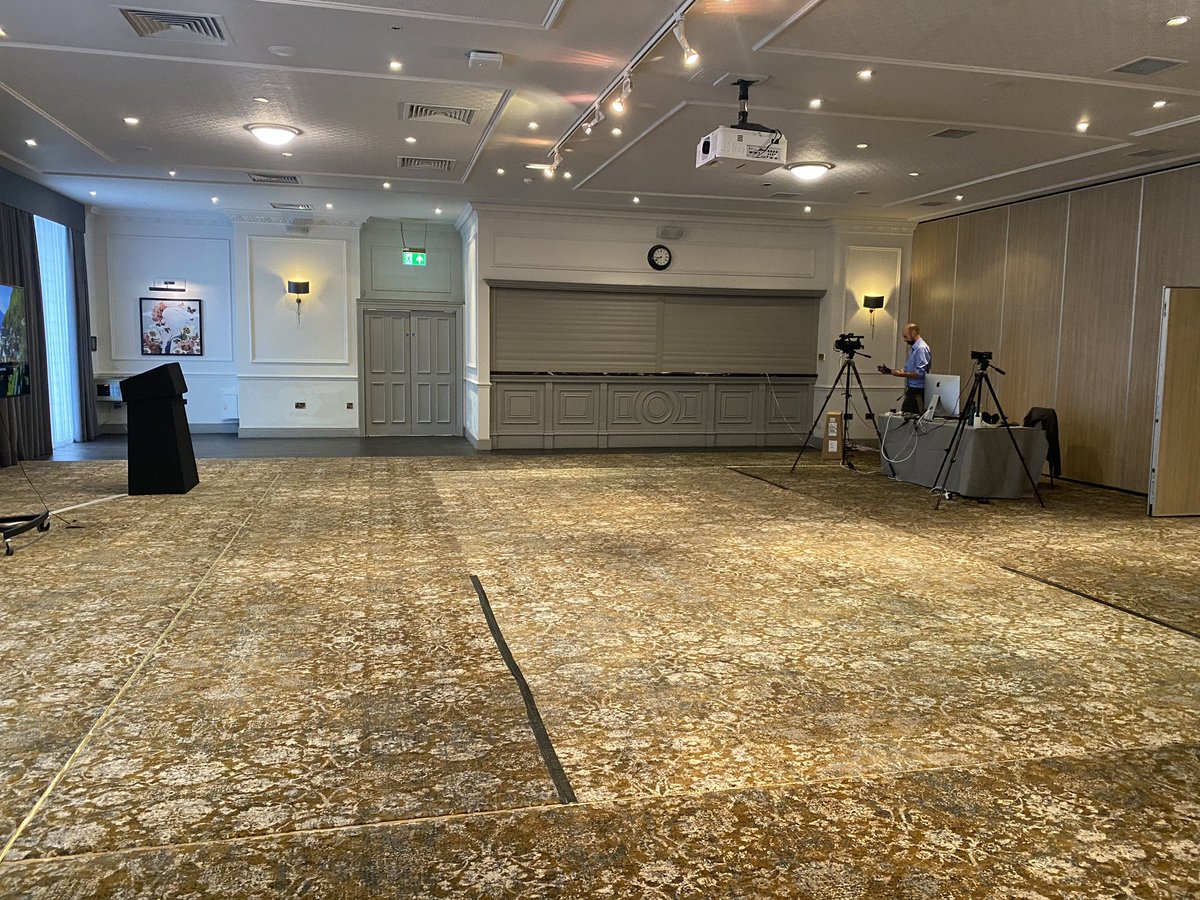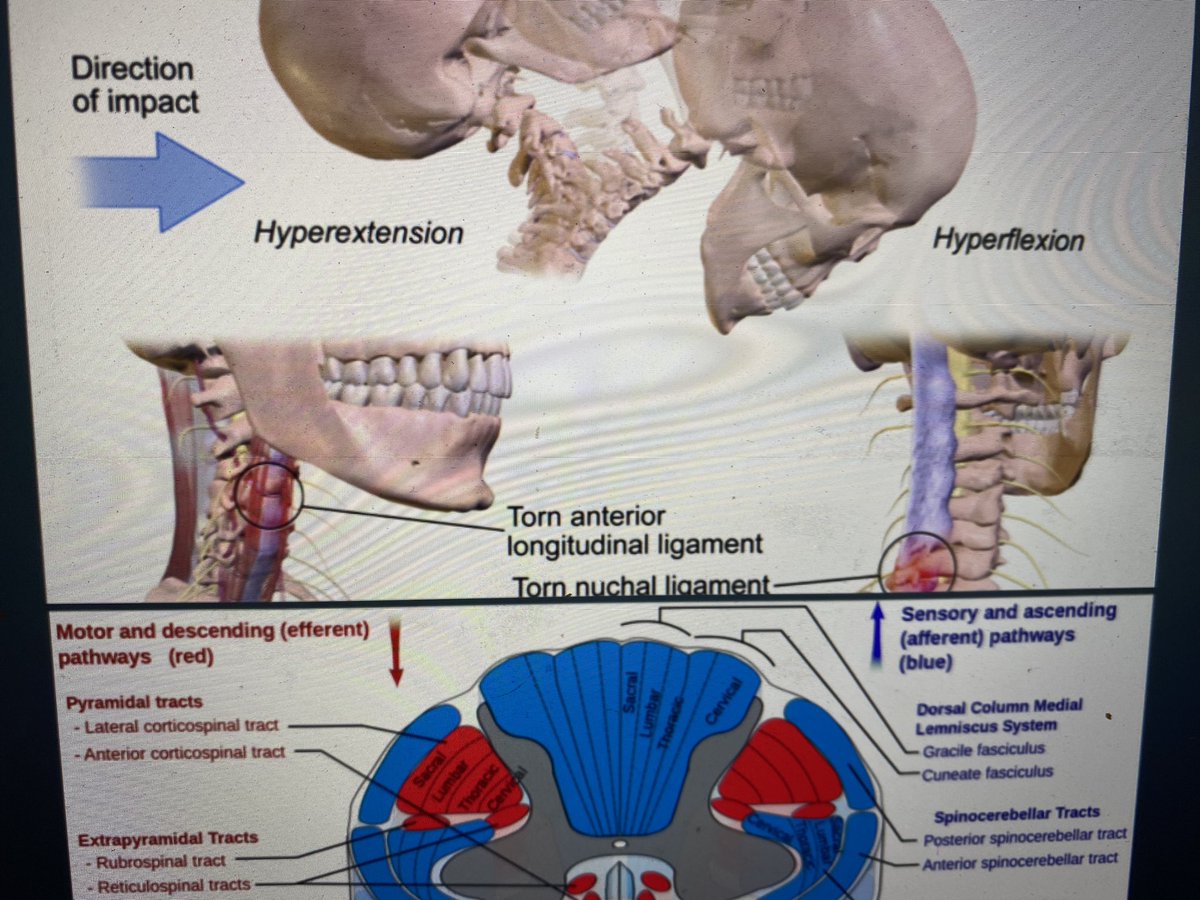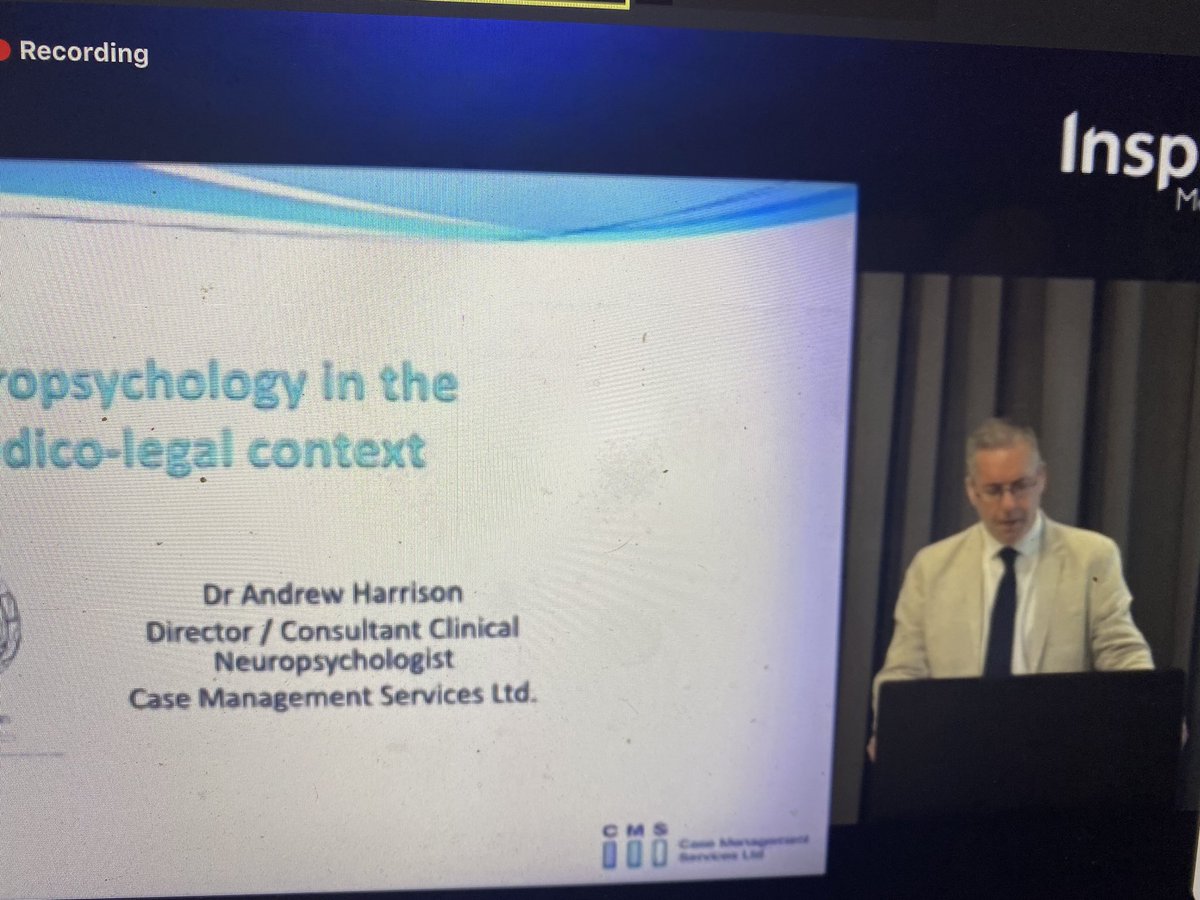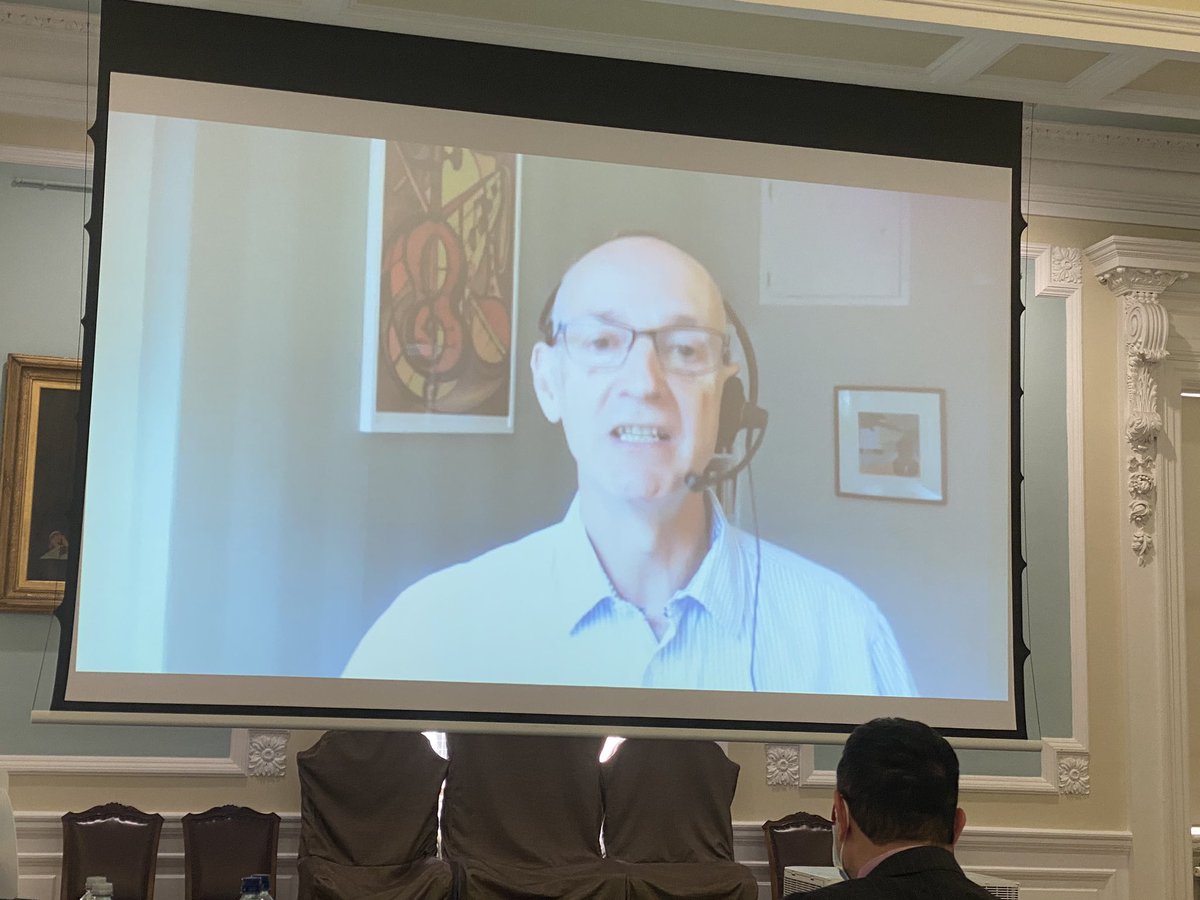Panel discussion. Great to hear the push for consent clinics to try and give patients information and support from nurse specialists. Identifying patients who need more time. 

• • •
Missing some Tweet in this thread? You can try to
force a refresh

